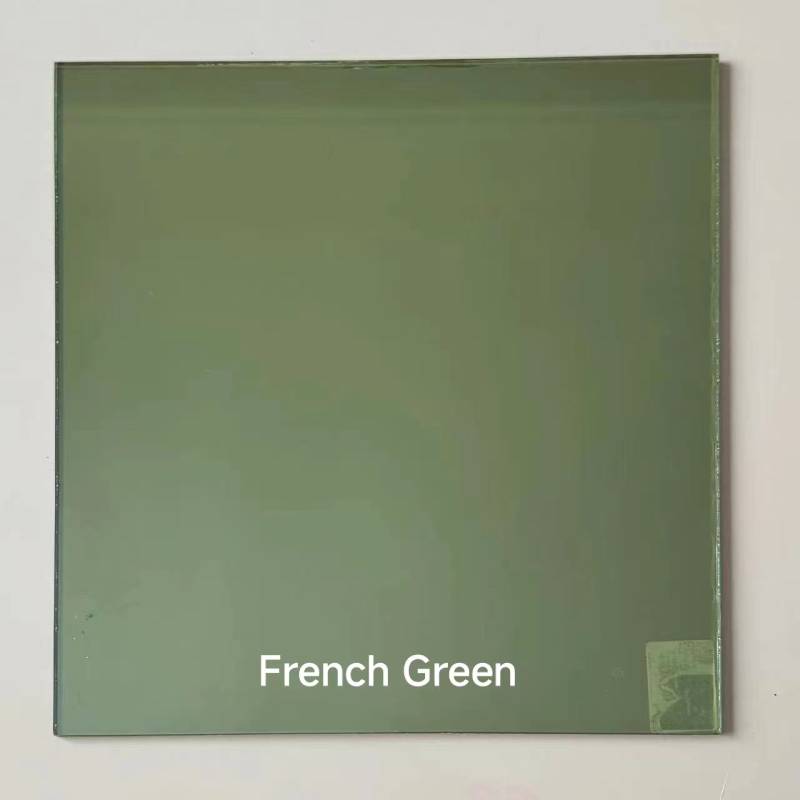

What is Float Glass Used For?
Float glass is a type of high-quality glass that has a wide range of applications in various industries due to its excellent optical clarity and smooth surface finish. The name float glass comes from the manufacturing process, in which molten glass is floated on top of molten tin to create uniform thickness and a flawless surface. This characteristic makes float glass an ideal material for numerous uses, and it has become a staple in construction, automotive, and home decor, among other sectors.
Architectural Applications
One of the primary uses of float glass is in architecture and construction. It is frequently employed for windows, facades, and skylights in buildings. The clarity and transparency of float glass allow natural light to filter into spaces, reducing the need for artificial lighting and enhancing the aesthetic appeal of structures. Additionally, float glass can be treated with various coatings for improved energy efficiency, such as low-emissivity (Low-E) coatings that help regulate heat transfer. This energy-efficient property can significantly contribute to reducing heating and cooling costs, promoting environmentally sustainable building practices.
Interior Design
In interior design, float glass is used for a variety of purposes, enhancing both functionality and style. It can be found in glass doors, partitions, and balustrades, providing a modern, open feel to interiors. With its sleek appearance, float glass can also be utilized in furniture design, serving as a tabletop or shelving material that combines elegance with practicality. Furthermore, float glass can be printed or painted, allowing for customized designs that suit individual tastes and preferences, thus making it a versatile option for interior decorators.

Automotive Applications
Float glass is prominently used in the automotive industry. It serves as the primary material for car windows, windshields, and mirrors. The glass’s strength and clarity are critical for ensuring driver and passenger safety, while also being subject to strict regulations for durability and performance. Float glass is often treated to enhance its shatter resistance, providing an essential level of safety in the event of an accident. Additionally, advancements in technology have led to the development of acoustic and tinted float glass to further improve driving comfort and privacy.
Consumer Electronics
In the realm of consumer electronics, float glass can be found in screens for devices such as smartphones, tablets, and monitors. Its high light transmission and scratch-resistance make it an ideal choice for display surfaces, ensuring vibrant visuals and durability. As the demand for sleek, touch-sensitive devices has increased, manufacturers often use float glass due to its ability to be designed in thin, lightweight forms without compromising strength.
Conclusion
The versatility and numerous applications of float glass make it a crucial material across different industries. From enhancing architectural designs to providing safety in automobiles and improving user experience in consumer electronics, float glass plays a significant role in modern life. As technologies advance and new applications are developed, float glass is likely to continue evolving, contributing further to innovation and design across various fields. Whether it’s in a skyscraper, a car, or a home, float glass remains an integral part of our everyday experiences, embodying functionality and aesthetic appeal.